Meet Robert Gould Shaw
Shaw, by this time a captain, was one of the officers recruited in 1863 by Massachusetts Governor John A. Andrew to raise and command one of the first regiments of black troops for the Union, the 54th Massachusetts Volunteer Infantry. The regiment was composed primarily of free African Americans, from several states, and included two sons of famed abolitionist Frederick Douglass. Shaw was initially unenthusiastic about this assignment, but the dedication of his men deeply impressed him and he grew to respect them as fine soldiers.
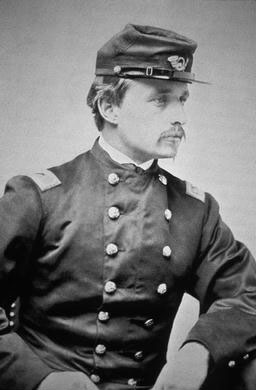
|
Robert Gould Shaw |
He was rapidly advanced in rank, first to major, then colonel so that he could lead the regiment into combat. When the troops were trained, they were assigned to the front in Georgia and South Carolina. The unit performed poorly in its first military engagement, at Hilton Head, South Carolina. In July 1863, however, the troop performed ably, holding off Confederate forces at James Island, South Carolina, until leaders could organize a defensive retreat.
|
|
Shaw is well-known for the over 200 letters he wrote to his family and friends during the war, now preserved at Harvard University. The book Blue-Eyed Child of Fortune, edited by Russell Duncan, includes most of his letters and a brief biography. They are also quoted liberally by Ken Burns in his documentary miniseries The Civil War. In 1989 the story of Shaw and the 54th Massachusetts was dramatized in the movie, Glory, with Shaw portrayed by Matthew Broderick. In music, Shaw, the 54th regiment, and the Boston memorial are the subject of a segment of Charles Ives's well-known piece Three Places in New England. New England poet Robert Lowell referenced both Shaw and the Shaw Memorial in his major poem “For the Union Dead.” In it appear the lines:
except the ditch,
where his son's body was thrown
Drawn from several sources including www.harvardsquarelibrary.org , www.civilwarhome.com, and www.en.wikipedia.org
Click on John I. Blair for bio and list of other works published by Pencil Stubs Online.
Pic Below shows the famous monument in Boston
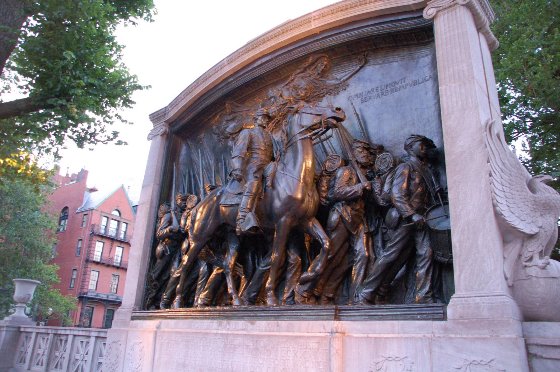





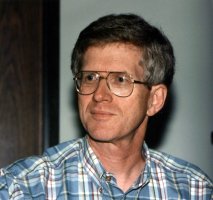
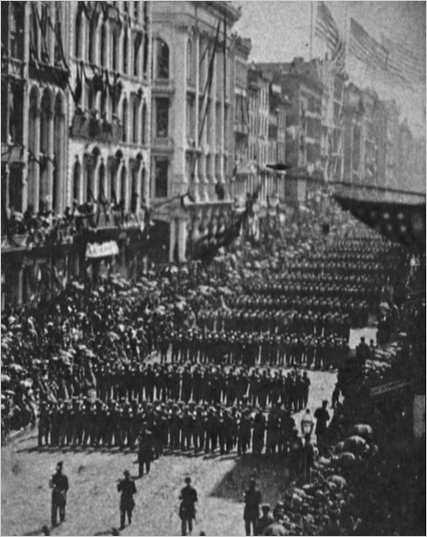
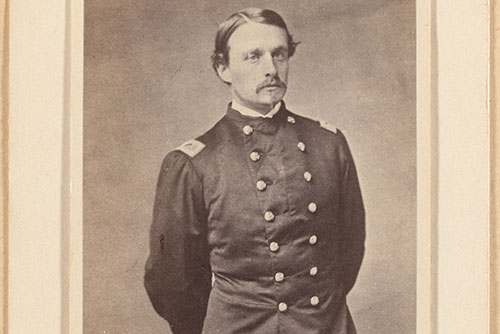
No comments:
Post a Comment